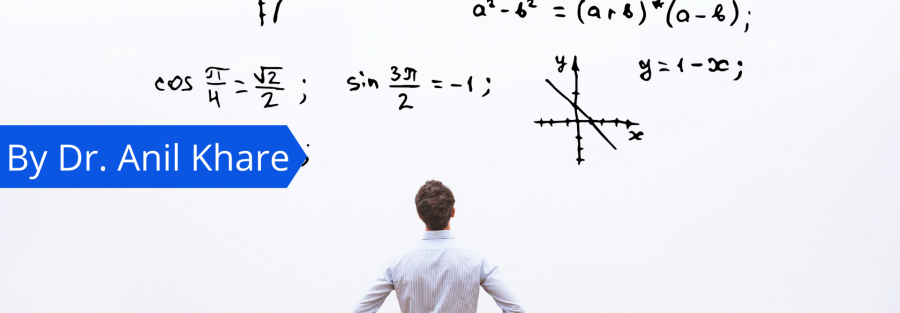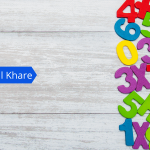The need to explain the political and social relevance of mathematics education has never been more urgent. It is a matter of fact that the quality of our economy depends on how well students perform on standardized tests. And just as there are different aptitudes and skills, aptitude for math is also different in different children. This means that students from different background and culture will have different math educational needs.
What’s more important is that teachers and educators must use various methods in order to reach all kinds of students. Math education curriculum should include various kinds of learning strategies. Teachers should encourage students to ask questions and interact with their peers in math class. Pre-algebra, algebra and calculus are three areas in which students can get an advanced grasp through asking questions and having direct involvement in the classes. These three subjects provide the knowledge necessary to solve real-life problems involving money, such as understanding interest and budgeting, along with other aspects, such as law and business.
There is a growing need to teach students the core concepts of economics, because this subject provides students with valuable insight into how the world works. One of the most important topics covered in economics education curriculum is how individuals and organizations make the value of their resources. Students should be taught the concepts of savings, spending, income taxes and the importance of saving for the future. They should also be taught about the concepts of supply and demand, trade and marketing. The subject also encompasses the political economy of a country and how various policies affect it. Economic concepts are so complex that no one person can easily understand it, which is why many schools include a pre-computerized economics curriculum.
All economic policies and decisions affect each other and, therefore, the value of any one policy or decision cannot be judged on its own merit. Students should learn how to evaluate economic policies and make informed decisions. For instance, they should be taught how to save for the future so that their children will not have to pay high fees in the future when they go to school. Future students should also be taught how to analyze financial statements and budgeting, so that future generations will know how much money was made or spent in the previous years.
A discussion of economics cannot be understood without understanding the global scale. International trade, for example, affects all economies, because the movement of markets influences every country’s economy in some way. Learning about international trade will also help students understand the inter-linkages between national and international organizations, as well as the role of diplomacy and other agencies that contribute to the global economy. Studying international finance will help students develop the skills they need to become strong competitors in the global economy. In order to understand the global scale of the economy, students should also learn about the political economy.
The political economy classifies how power is distributed among various groups in society, depending on their economic status. It also examines how politics affect the economy, such as how taxes are used to redistribute wealth. A student will also learn about why certain policies were put into place, and how these policies affect the economy. Studying political science in depth will help students understand why certain economic policies were chosen over others.
Students will also benefit from a basic understanding of microeconomics, which studies how changes in small quantities can have large effects on the larger economy. Microeconomics is an important part of any macroeconomic model. When using different models of macroeconomics in education, such as Real Numbers, Learning Sets or Time Sets, students will see how changes in small quantities can have large effects on the larger economy. It also helps to use real world examples when teaching kids about microeconomics. For instance, if you rub shoulders with a shopkeeper who refuses to give your wife a discount, you can tell your kids about how this situation is common in society.
A good mathematics education program should not only teach students how to solve problems but also how to think critically. If students are able to rationalize and explain why they do the things they do, they will be able to see the underlying causes behind their actions. They will know why they are staying up late at night studying, or why they spend too much time shopping online instead of walking to their nearby store. By showing students that decisions based on logic and rational thinking can have large effects on the economy, schools can increase students’ confidence in themselves and in their abilities.
Head office address:
Suite 1803, Al Moosa Tower 2,
Sheikh Zayed Road, Dubai, UAE.
Call for help:
+971 4 355 4850
Mail for information:
anilkhare3@gmail.com







